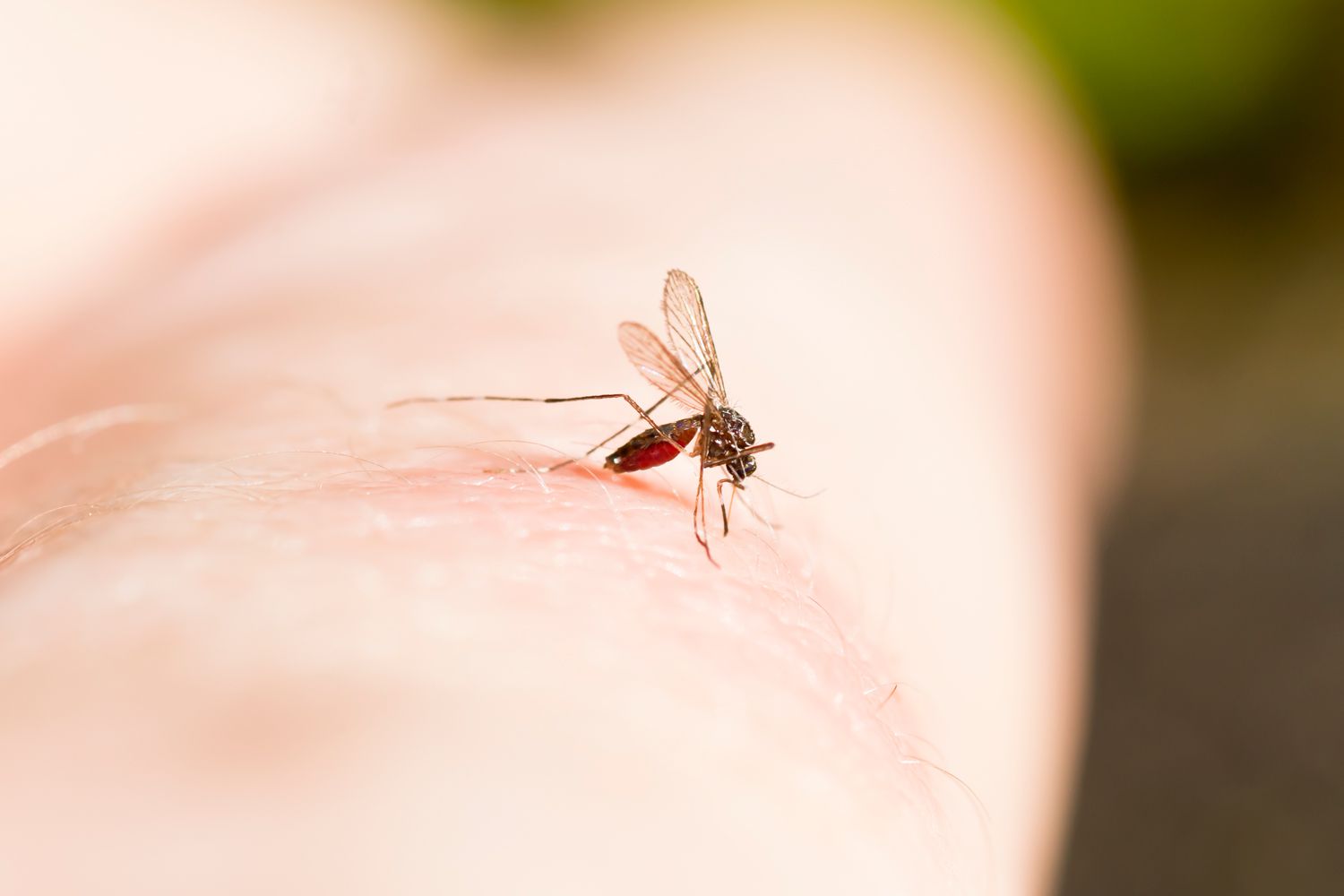Infection
Three States Now Reporting Malaria Cases from Infected Mosquito Bites, Prompting CDC Alert
The CDC issued a health alert on Monday after a third state, Maryland, identified a case of malaria.
As with previous malaria cases in Florida and Texas, the disease was locally acquired — meaning, the patient contracted from the bite of an infected mosquito while at home, not during international travel — which prompted the alert.
According to the CDC, Florida has identified seven cases of malaria, while Texas had one. And while no new cases in those states have been identified since July, the Maryland case is “unrelated” to the previous ones.
The Maryland resident, from the National Capitol Region, was hospitalized, but is now recovering, the state’s Department of Health said in a statement.
Getty
Never miss a story — sign up for PEOPLE’s free daily newsletter to stay up-to-date on the best of what PEOPLE has to offer, from juicy celebrity news to compelling human interest stories.
“Malaria was once common in the United States, including in Maryland, but we have not seen a case in Maryland that was not related to travel in over 40 years,” the Maryland Department of Health Secretary, Laura Herrera Scott said in a statement. “We are taking this very seriously and will work with local and federal health officials to investigate this case.”
Most domestic malaria cases come from patients who caught the disease elsewhere and brought it back to the U.S. In April, a mom from Missouri died after catching the virus during a trip to West Africa, and George Clooney caught malaria in 2011 after a trip to Sudan.
There are approximately 2,000 cases of malaria diagnosed every year in the U.S. — and these new cases are the first known instances of infected mosquitos in 20 years, when eight people in Palm Beach County, Fla., caught the virus in 2003.
There is a vaccine for malaria; however it is generally recommended for those who live in or are traveling to high-transmission areas.
And while the risk in the U.S. still remains low, control of the mosquito population is a concern, since malaria isn’t the only disease they spread.
Getty
Symptoms of malaria vary from person to person, according to the CDC, and can include “fever, chills, headache, myalgias, and fatigue.”
A person may start to show symptoms anywhere from 7 days to 1 year after being bitten by an infected mosquito.
The CDC recommends eliminating standing water on your property, which is where mosquitoes lay their eggs. “Once a week, empty and scrub, turn over, cover, or throw out any items that hold water like tires, buckets, planters, toys, pools, birdbaths, flowerpot saucers, or trash containers,” the CDC recommends.
You can prevent mosquito bites by using an EPA-registered insect repellant, but the CDC cautions against using oil of lemon eucalyptus (OLE) or para-menthane-diol (PMD) on children under 3 years old.

